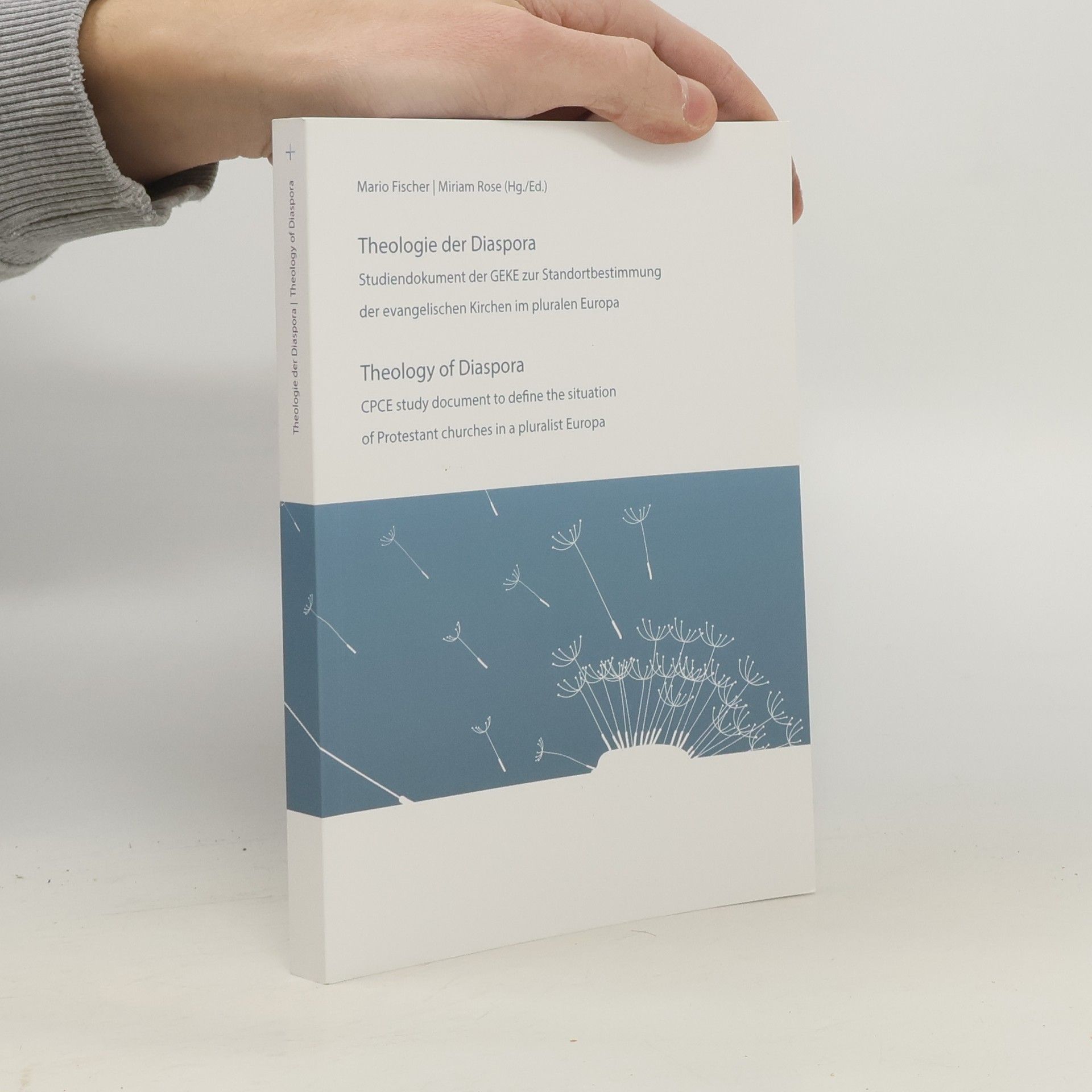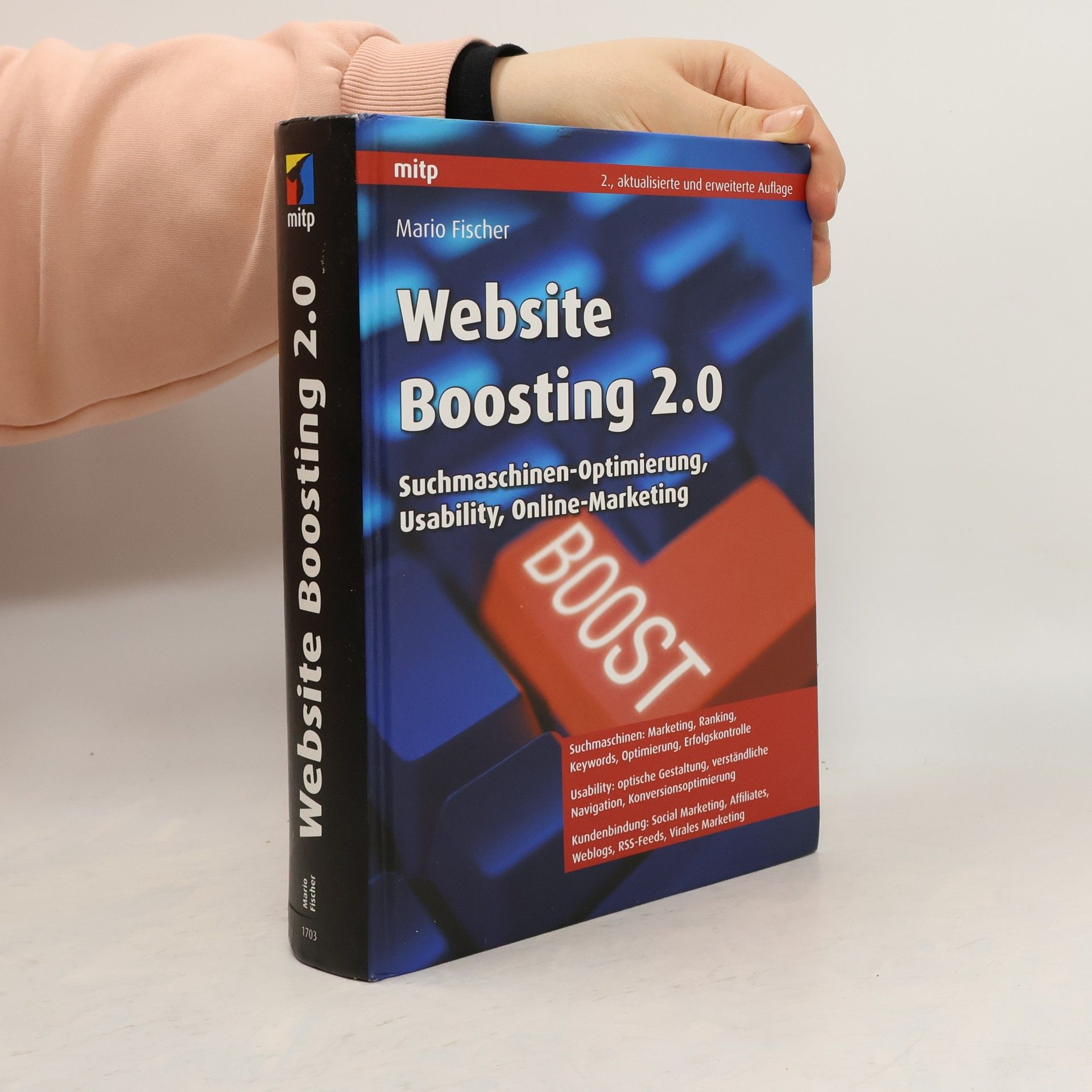Kirche und Israel // Church and Israel
Ein Beitrag der reformatorischen Kirchen zum Verhältnis von Christen und Juden // A Contribution from the Reformation Churches in Europe to the Relationship between Christians and Jews
The document Church and Israel is regarded as the first endeavour by European Reformation churches to define a common position on the relationship between Christians and Jews. It offers analyses of the biblical foundations and historical development of the relationship between the Church and Israel, discusses previous attempts to clarify the difficult relationship and finally develops its own definition of this relationship. It concludes with practical recommendations on considering Judaism in theology and the church, and a call to take joint responsibility for the world. The document was adopted in 2001 by the General Assembly of the Community of Protestant Churches in Europe and is reprinted without change in this new edition. It is supplemented by a report of the conference held to evaluate its reception 10 years later, in 2011, and by two assessments of the study presented on that occasion by Peter Scherle and Micha Brumlik.



